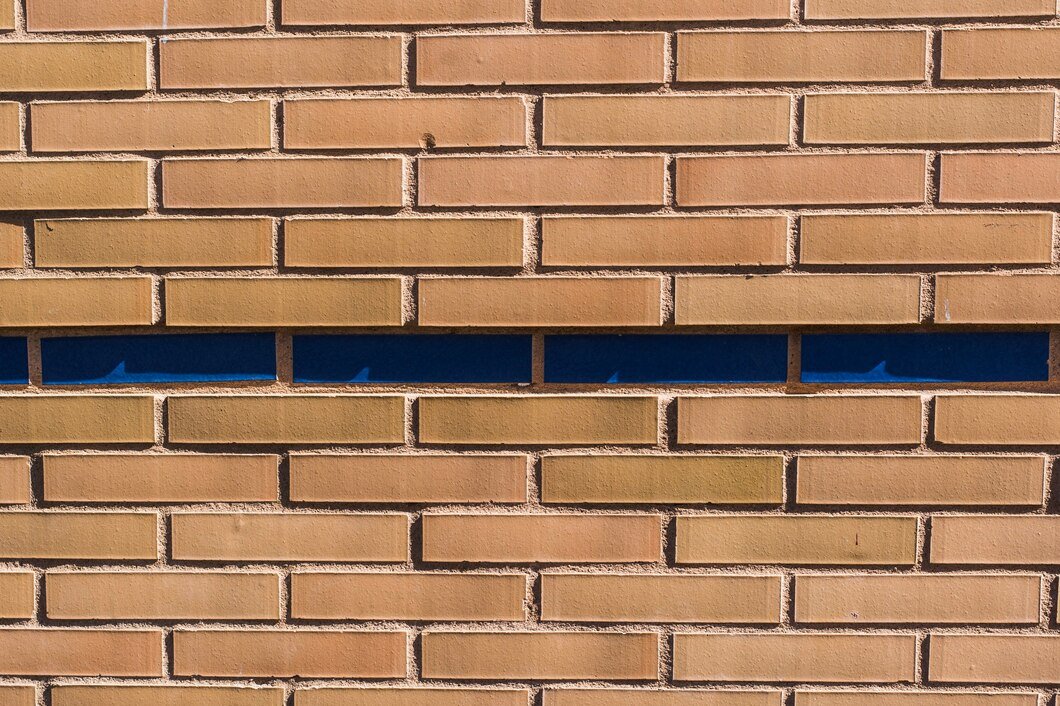Introduction
Modern construction demands efficiency, durability, and aesthetic appeal. One of the best solutions for achieving these goals is the Clinker Thermal Panel. These panels offer excellent insulation, stunning designs, and long-lasting protection. Royal facades designed with clinker thermal panels enhance the beauty of buildings while improving energy efficiency.
In this article, we will explore why clinker thermal panels are a smart choice for modern construction. We will also discuss their advantages, applications, and installation process.
What Are Clinker Thermal Panels?
A Clinker Thermal Panel is a composite construction material that combines insulation with an exterior clinker brick finish. These panels provide thermal efficiency and an elegant appearance, making them ideal for both residential and commercial buildings. They are designed to withstand harsh weather while reducing energy costs.
Advantages of Clinker Thermal Panels
1. Superior Insulation
One of the main benefits of clinker thermal panels is their excellent insulation properties. They help maintain indoor temperatures by preventing heat loss in winter and reducing heat absorption in summer. This results in lower energy bills and a comfortable living environment.
2. Durability and Strength
Clinker thermal panels are highly durable. They resist moisture, impact, and extreme weather conditions. The outer clinker brick layer is strong and does not fade or deteriorate over time.
3. Aesthetic Appeal
These panels come in various textures, colors, and finishes. Whether you want a modern or classic look, clinker thermal panels can enhance the visual appeal of any building.
4. Easy Installation
Compared to traditional brick facades, clinker thermal panels are easy and quick to install. This reduces labor costs and project timelines.
5. Eco-Friendly Solution
Using clinker thermal panels reduces the need for extra insulation materials. They are also made from natural components, making them an environmentally friendly option.
6. Low Maintenance
Once installed, these panels require minimal maintenance. Unlike traditional brickwork, they do not need frequent repairs, repainting, or sealing.
Applications of Clinker Thermal Panels
Clinker thermal panels are used in various types of buildings, including:
1. Residential Homes
Homeowners prefer clinker thermal panels for their insulation benefits and beautiful finishes. They provide a stylish exterior while reducing heating and cooling costs.
2. Commercial Buildings
Businesses and office buildings benefit from the durability and energy efficiency of these panels. They create an attractive, professional look while keeping energy consumption low.
3. Industrial Facilities
Factories and warehouses need strong, weather-resistant materials. Clinker thermal panels provide long-lasting protection against environmental factors.
4. Public Buildings
Schools, hospitals, and government offices use clinker thermal panels to create efficient and aesthetically pleasing structures.
Installation Process
Step 1: Surface Preparation
Before installing clinker thermal panels, the building surface must be clean and dry. Any loose or damaged materials should be removed.
Step 2: Panel Placement
Panels are placed according to the architectural design. They are aligned properly to ensure a seamless finish.
Step 3: Fixing the Panels
The panels are attached using adhesive and mechanical fasteners. This ensures strong bonding and stability.
Step 4: Sealing Joints
To prevent water infiltration, the joints between panels are sealed using special sealants.
Step 5: Final Inspection
After installation, a thorough inspection is conducted to check for alignment, sealing, and overall quality.
Comparison with Traditional Construction Methods
| Feature | Clinker Thermal Panels | Traditional Brick Facade |
|---|---|---|
| Installation Time | Quick and easy | Time-consuming |
| Insulation | High thermal efficiency | Requires extra insulation |
| Durability | Weather and impact-resistant | Prone to cracks and erosion |
| Maintenance | Low maintenance | Requires frequent upkeep |
| Cost-Effectiveness | Saves energy and labor costs | Expensive due to labor and materials |
Why Choose Clinker Thermal Panels for Royal Facades?
For luxurious and stylish buildings, royal facades require premium materials. Clinker thermal panels provide a sophisticated look while offering excellent performance. They are used in high-end residential properties, corporate offices, and prestigious commercial buildings.
Future of Clinker Thermal Panels
The demand for clinker thermal panels is growing as more builders and architects recognize their benefits. Future advancements may include:
- More design options with different textures and colors
- Improved insulation materials for greater energy savings
- Enhanced durability for extreme weather conditions
Conclusion
Clinker Thermal Panels are a game-changer in modern construction. They offer a combination of beauty, energy efficiency, and durability. Whether for homes, offices, or industrial buildings, these panels provide long-term benefits with minimal maintenance. Investing in clinker thermal panels ensures a cost-effective and stylish solution for any building project.
FAQs
1. Are clinker thermal panels waterproof?
Yes, clinker thermal panels are designed to resist moisture and water infiltration.
2. How long do clinker thermal panels last?
With proper installation and care, they can last for decades without significant wear.
3. Do these panels require extra insulation?
No, clinker thermal panels come with built-in insulation, eliminating the need for additional layers.
4. Are clinker thermal panels suitable for all climates?
Yes, they perform well in both hot and cold climates due to their excellent insulation properties.
5. Can clinker thermal panels be customized?
Yes, they are available in various colors, textures, and sizes to suit different architectural styles.
By choosing clinker thermal panels, you can enhance your building’s aesthetics and performance, making them a smart choice for modern construction.
Read Dive is a leading technology blog focusing on different domains like Blockchain, AI, Chatbot, Fintech, Health Tech, Software Development and Testing. For guest blogging, please feel free to contact at readdive@gmail.com.





